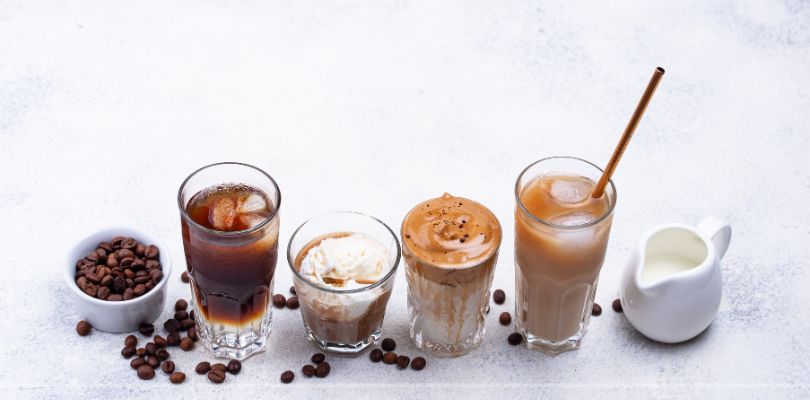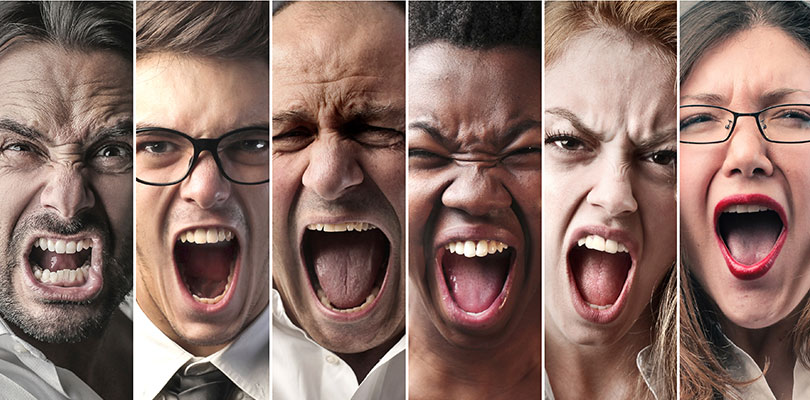Drinks to Dodge for Healthy Hair
Hair loss and alopecia areata can be tough, affecting both how you look and how you feel about yourself. Genetics, stress and other things can cause these problems, but what you drink also matters for your hair health. We’ll explore which drinks can hurt your hair and which ones are good for keeping it healthy, talk about treatments that might help.
Worst Drinks for Hair Loss and Alopecia Areata
Sugary Drinks
Sodas, sweetened iced teas and other sugary beverages can lead to spikes in blood sugar levels. High blood sugar can contribute to inflammation, which might worsen hair loss and interfere with hair growth.
Alcohol
Alcohol can dehydrate your body and scalp, making hair brittle and prone to breaking. It also can affect the absorption of essential nutrients, which are crucial for healthy hair growth.
This article will explore cancer and ITP, looking at the connection between them. Read on to learn more about the link.
Caffeinated Drinks
While moderate caffeine intake is generally fine, excessive consumption of coffee and energy drinks can lead to dehydration. Dehydration can negatively affect your hair’s health, making it dry and weak.
Energy Drinks
Energy drinks often contain high amounts of sugar and caffeine. The combination of these can disrupt your body's natural balance, potentially leading to hair loss and other health issues.
Artificially Sweetened Drinks
Some studies suggest that artificial sweeteners might negatively affect your gut health. Since gut health is linked to overall health, including hair health, it’s best to limit these drinks.
High-Caffeine Beverages
Strong coffee and certain types of tea with high caffeine content can contribute to dehydration and nutrient deficiencies, which may negatively affect hair health.
Unfiltered Juices
Juices that are high in added sugars or lack essential nutrients can contribute to nutritional imbalances. These imbalances may exacerbate hair loss.
Carbonated Drinks
Carbonated drinks can cause bloating and discomfort, which may affect your overall health. Although not directly related to hair loss, poor health can indirectly impact hair growth.
Best Drinks for Hair Health
Water
Staying hydrated is crucial for overall health and healthy hair. Drinking plenty of water helps keep your scalp and hair hydrated, promoting better hair growth and reducing breakage.
Green Tea
Green tea is rich in antioxidants called catechins, which can help reduce inflammation and improve blood flow to the scalp, supporting healthy hair growth.
Fresh Vegetable Juice
Juices made from vegetables like spinach and kale are high in vitamins and minerals that support hair health. They provide essential nutrients without excessive sugar.
Herbal Teas
Herbal teas, such as peppermint or chamomile, can have calming effects and may help with overall health. Some herbs are also believed to support hair growth.
Smoothies
Smoothies made with fruits and vegetables provide a boost of vitamins and minerals that support hair health. Incorporate ingredients like berries, spinach and nuts for a nutritious boost.
Coconut Water
Coconut water is hydrating and contains essential electrolytes that support overall health. It's a good alternative to sugary and caffeinated drinks.
Protein-Rich Drinks
Drinks with added protein, such as protein shakes made with whey or plant-based proteins, can help support hair health by providing essential building blocks for hair growth.
Bone Broth
Bone broth is rich in collagen and amino acids, which can help support hair strength and growth. It’s also hydrating and provides important nutrients.
Treatment Options
Medications
For hair loss and alopecia areata, various medications can help. Corticosteroids are commonly used to reduce inflammation and suppress the immune system in alopecia areata. Minoxidil is another option that stimulates hair growth.
Topical Treatments
Topical treatments, including creams and ointments, can be applied directly to the scalp to promote hair growth and reduce inflammation.
Hair Transplants
In more severe cases, hair transplants might be considered. This involves moving hair follicles from one part of the scalp to another to encourage new growth.
Lifestyle Changes
Maintaining a balanced diet rich in vitamins and minerals is important. Reducing stress and avoiding hair damage from harsh treatments can also help.
Nutritional Supplements
Supplements like biotin, vitamin D and omega-3 fatty acids can support overall hair health. Consult with a healthcare provider before starting any new supplements.
From Cup to Caution
By being mindful of what you drink and considering these treatment options, you can better manage hair loss and alopecia areata. A balanced approach that includes healthy beverages and effective treatments can help support healthier hair and improve overall well-being.
Read on to learn about the worst foods for hair loss and alopecia.







